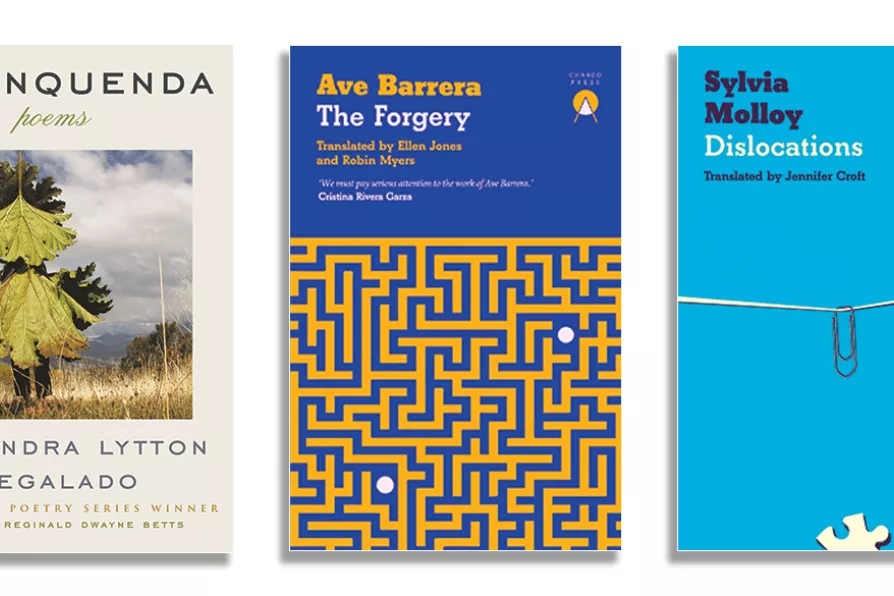FIONA O’CONNOR and MARIA DUARTE review State of Statelessness, Rental Family, 28 Years Later: The Bone Temple, and The Rip


ALEXANDRA LYTTON REGALADO’s second poetry collection Relinquenda (Beacon Press, £15) is a powerful and moving exploration on paternal love, death and redemption and the relationships between the poet and men, including with her husband and son.
The book, a National Poetry Series winner, opens with a series of short epigraphs, including one by Nezahualcoyotl, a philosopher, architect, poet, warrior, and ruler of the city-state of Texcoco in pre-Columbian Mexico: “No-one will turn to jade / no-one will turn to gold: / On Earth it will be kept / We will all go / there, in the same way.”
These lines set the tone for a remarkable book that has at its centre the long illness and passing of the poet’s father. In one of my favourite poems of the book, What My Father Taught Me about Black Holes, Lytton Regalado writes: “The ghost of my father haunts me / While he is still alive./ Thank you, he tells me, but / I don’t like poetry./ When my father says / Goodbye, he says instead, take it / Easy. He eases into the bed,/ Takes it, the light falling where it wants.”

A ghost story by Mexican Ave Barrera, a Surrealist poetry collection by Peruvian Cesar Moro, and a manifesto-poem on women’s labour and capitalist havoc by Peruvian Valeria Roman Marroquin

LEO BOIX introduces a bold novel by Mapuche writer Daniela Catrileo, a raw memoir from Cuban-Russian author Anna Lidia Vega Serova, and powerful poetry by Mexican Juana Adcock

A novel by Argentinian Jorge Consiglio, a personal dictionary by Uruguayan Ida Vitale, and poetry by Mexican Homero Aridjis











